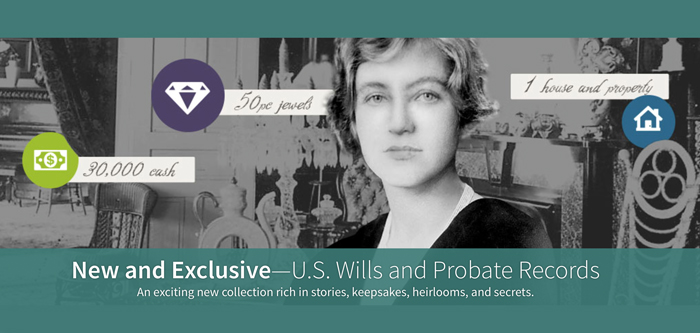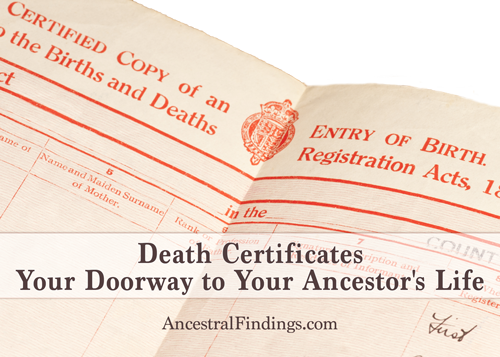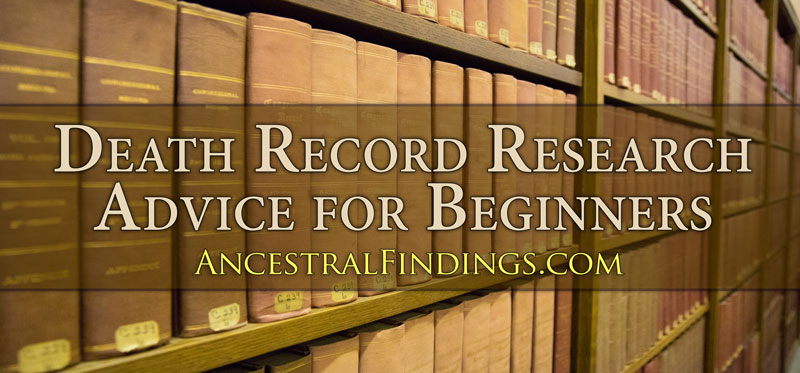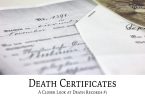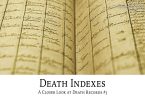Ancestry.com released a collection of millions of wills from around the nation going back to the 1700’s and up through the 1990’s. This is a really amazing collection because it includes wills that have never been published online prior to this. In the past, you would have had to travel to the courthouse where the will you were seeking was located and search for it in person, or see if the court staff would do a search by phone for you (which often came with a hefty fee for the use of the court’s time in searching for you for a will that may or may not exist). Now, with this new collection, you can discover many new and interesting wills for your family without having to leave home to do it.
While this collection is vast, it is not exhaustive, which is something important to remember. Ancestry.com is still in the process of uploading the vast collection of wills they have amassed. While millions are available to search on the site right now, more will continually be added as Ancestry.com digitizes more wills in its possession, and as it goes out into the courthouses of the nation and collects more. The collection only includes wills that were filed with a court. This means if your ancestor wrote a will but never filed it, it will only be found in a private family archive or town archive collection of donated documents if it exists at all. However, if your ancestor filed a will with a court, then you’ve got to get over to Ancestry.com and start looking through the collection. The wills you find may reveal all kinds of previously hidden family information, and confirm information that was previously only speculated in your research projects.
To get the best results from your will search on Ancestry.com, go to the main page for the wills. It is currently on the top banner of the home page, but will probably be moved to the site’s card catalog at some point. So, if it’s not listed on the front page anymore when you look, try the card catalog to find it.
Type in the name, place of residence, and approximate date of death if you have it. If you don’t know the date of death, just leave it blank. You may get a hit right away if your ancestor has an unusual name or came from a small town with only one family with their last name. If not, use the “edit search” function, and it will allow you to do a more detailed search, including looking for misspellings of first names and surnames, so you can find the correct person.
If you find that your ancestor has a will (not everyone does), you may find all kinds of interesting family information. I’ve already found a will that confirmed some people I only speculated may have been children of one ancestor actually were his children. I’ve found another one of a great-great-great grandfather who left his entire estate to his second wife and one son. His other children and grandchildren, which included people from my line, were mentioned, with him stating he did not forget them, but that he thought it best to provide for his son. This gives me a further line of research to pursue, as the wording of the will implies the son may have been disabled.
Sometimes, if there is no will, there is at least a probate record, where the courts appoint an executor to an estate without a will and take an inventory of the estate’s debts and assets. These can prove useful in showing what your ancestor owned, who they owed money to, and who their executor was, as the executor is often a relative.
Be sure to look at the collection of wills on Ancestry.com. You may be surprised at the research breakthroughs you are able to make with it.

